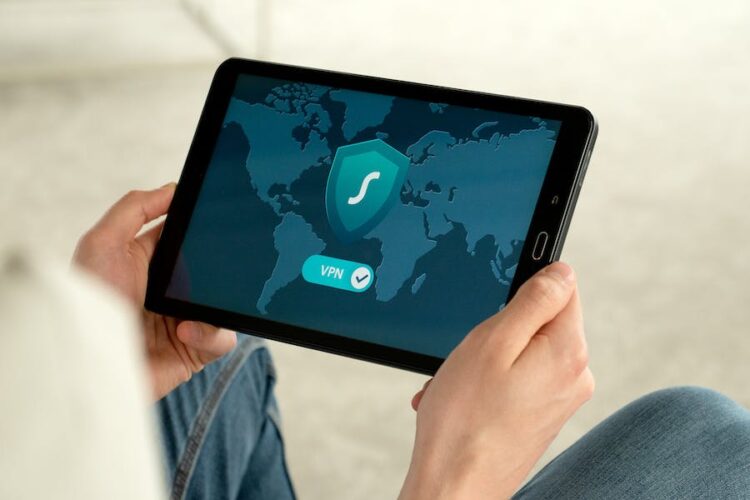VPNs are a common topic of conversation in the modern digital landscape. From digital advertisements to sponsored social media content, the rise of the VPN has seen the technology become virtually ubiquitous on the Internet nowadays. Despite this, however, a large contingent of Internet users remain largely in the dark as regards VPNs.
With the need for, and merits of, this technology seemingly constantly under discussion, it can be difficult to know where to start. So, to bring some clarity to the subject, we’re going to take a look at this trending technology and answer the burning questions on the minds of users the world over, chiefly: What exactly do VPNs do, and are they legal?
What do VPNs do?
Virtual Private Networks are solutions intended to help users protect their online privacy and security, and they do this in a couple of key ways.
First of all, VPN applications act as intermediaries for Internet users. VPN providers such as Urban VPN, for instance, give users access to networks of international servers, and when users activate their VPNs and connect to these servers, their Internet connections are diverted through them, using them as relay points. This allows users to appear online under the IP address of the connected server, hiding their device identifier and location to gain complete anonymity.
Secondly, VPNs apply powerful encryption algorithms to user data. This means that they make user data unreadable to third parties, protecting it against exploitation should it be intercepted. In this way, a VPN can help a user safeguard their data and protect themselves against different forms of cyber attacks.
Are VPNs legal to use?
So, are VPNs legal to use? In short, yes, but there are some caveats.
For the most part, VPN applications are generally legal to download, install, and use in the majority of countries worldwide. Questions of legality are primarily related to how they’re used.
Legitimate Use Cases
Most commonly, users who utilize VPNs do so for the sake of their own privacy and security. Using a VPN on unsecured public Wi-Fi networks, for instance, is a convenient way for users to create secure connections for data transmission, allowing them to safely conduct online transactions or access private systems remotely.
Additionally, users commonly utilize VPNs to conceal their IP addresses for the purposes of e-commerce. For example, by switching between VPN servers, users can avoid being tracked so that they can research travel and accommodation options without their search activities or locations affecting the final price. In this way, many users consider VPNs as essential tools for travel, as they can help them bypass what many consider to be the exploitative use of dynamic pricing practices. Similarly, users can use VPNs to change their location and view geo-targeted content on social media that might otherwise be unavailable in their region.
Lastly, VPNs can be beneficial for marketing research. In the age of SEO (Search Engine Optimization), marketers routinely use VPNs to simulate searches from other regions to gain insight into important keywords and trends for digital marketing. By doing this, businesses can plan digital marketing strategies to help them make an impact on foreign markets.
Wrongful uses and gray areas
One issue with the use of VPNs is the existence of government regulations. Depending on where a user lives, there may be national laws that explicitly forbid the use of VPN applications. This can be an issue of Internet censorship, or it may be that VPNs have become associated with criminality due to hackers using them to protect their identities when they commit online crimes. This means that even using the technology merely for personal privacy and security could result in legal repercussions in some nations.
Copyright laws present another sticking point as regards VPNs. While it’s generally legal to use a VPN to access geo-targeted content sites like social platforms, those sites are populated primarily by user-generated content. When using a VPN to access licensed material, however, copyright issues can come into play. While it may not be outright illegal for someone to use a VPN to access their favorite TV dramas on an online streaming service, for example, some platforms might consider it a violation of their terms of service to bypass geo-blocking in this way, and there could be legal ramifications associated with that.
Concluding on VPNs
In short, VPNs are legal, but they’re legality is contingent upon users’ ability to utilize them correctly. While it’s generally perfectly legal to use a VPN for personal privacy and security, users must do so in compliance with the laws of their country of residence while taking caution to avoid violating regulations with regard to intellectual property. All things considered, VPNs are valuable tools for modern Internet users, but as with any tool, they should be wielded responsibly.










